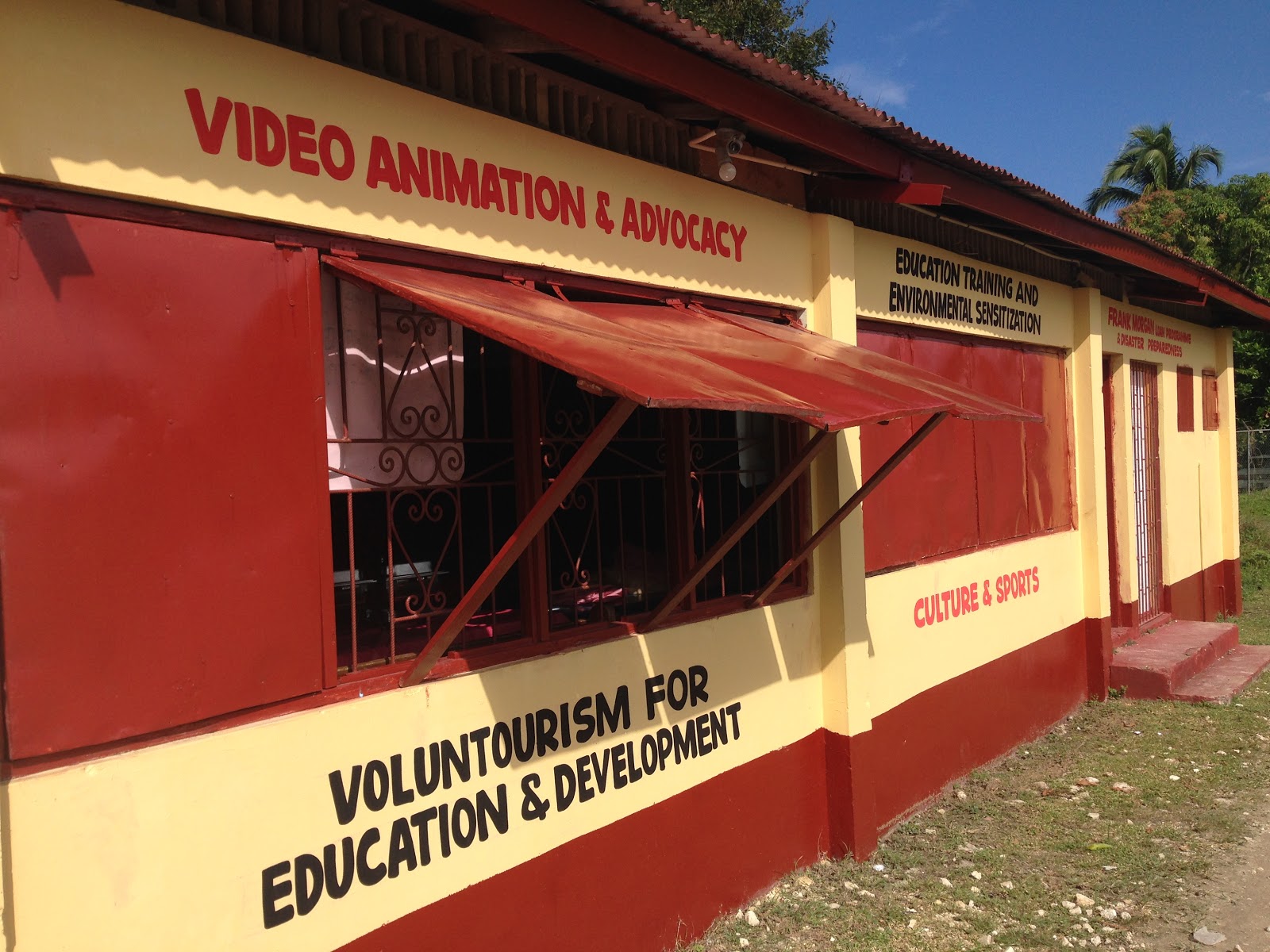Travelers get mixed messages about ethical actions and international volunteering. Some experts suggest avoiding international service all together; others say it’s important, needed, and desired by community members. The truth is in the middle. Research demonstrates that most host communities that receive international volunteers and service-learning students would like to continue doing so, but under better terms.
Stop Settling for Old, Ineffective Models of Volunteering Abroad. Here's a Better Way.
The problem? Travel businesses and volunteering agencies don’t have strong incentives to implement these “better terms.”
The Association of Clubs (AOC) — a community development organization in Petersfield, Jamaica — has faced this challenge since the 1980s. Though they wanted to partner with schools and universities to advance local community development, they could not find responsible partners.
Fifteen years ago, they finally decided to partner with Amizade. Their decades-long effort together has led a global coalition of scholars, activists, and development practitioners to develop a model called Fair Trade Learning.
The model has several principles at its core, but here’s one essential insight: in a confusing global marketplace of volunteer opportunities, travelers and volunteers must demand responsible options. Otherwise, travel agencies will continue selling programs that frustrate communities and don’t support development.
While its original set of standards has been fully outlined in an academic article, Fair Trade Learning can be understood through a three-minute breakdown of its four key commitments mentioned in the video below:.
These commitments have now helped scores of colleges, universities, and NGOs deepen the reciprocal quality of their global learning partnerships.
The University of Kentucky has recognized FTL principles in its Education Abroad Faculty Toolkit. Roger Williams University professors of biology, history, and journalism have presented nationally on “Poverty Tourism to Fair Trade Learning” to showcase the work they’ve done to enhance reciprocity in global partnerships at that Rhode Island institution.
John Tansey, Executive Director of The Frank J. Guarini Institute for International Education at Dartmouth College, also offered his reflections on how Fair Trade Learning supported study-abroad programs at Dartmouth:
“Many of our faculty are actively seeking to identify strategies that better engage their students with local partners and host communities. At the same time, they often are relatively inexperienced with design issues involving reciprocity, sustainability, or other elements integral to ethical standards for community-engaged international education. I’ve found the rubric to be a useful tool in facilitating discussion about these matters, and advancing our goals for student learning and engagement.”
Fair Trade Learning helps educational institutions, NGO’s, and businesses grow in their understanding of global development partnerships and global citizenship education by creating effective programs that benefit everyone. We should be demanding better than the status quo, and refusing to settle for old models that only serve students, and sometimes at the expense of communities.
For more fair trade learning resources and to join the movement for ethical global partnerships, visit globalsl.org/ftl.
